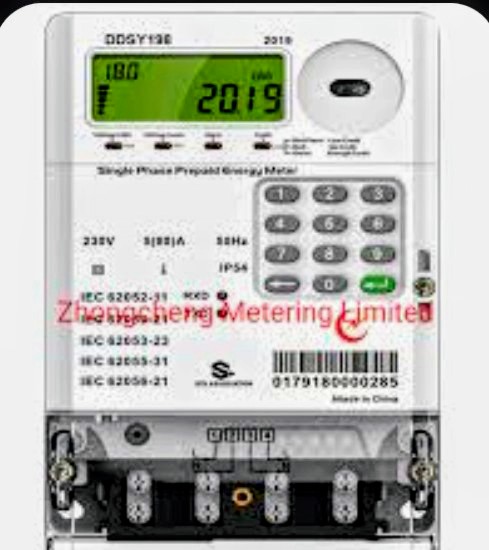Niger State Set to Implement Independent Electricity Regulation Amid National Tariff Debate.
By Yahaya Zakka Minna
In a significant move towards decentralizing Nigeria’s electricity market, Niger State is preparing to transition to independent electricity regulation by September 2025, according to a recent investigation into the country’s ongoing electricity tariff discourse.
Habibu Wushishi, Communication Officer for the Niger State Electricity Regulatory Commission (NSERC), confirmed that this development follows Enugu Electricity Regulatory Commission’s (EERC) announcement to reduce electricity tariffs for Band A customers from ₦209/kWh to ₦160/kWh, effective August 1, 2025. This decision has ignited considerable debate across Nigeria’s power sector, with Generation Companies (GenCos) and Distribution Companies (DisCos) expressing concerns that such subsidy-based pricing could destabilize an already challenged industry.
Enugu’s decision has set a noteworthy precedent, inspiring other states, including Lagos, Ogun, Plateau, and Ondo, to explore similar strategies to lower electricity costs for their residents. Empowered by the Electricity Act 2023, these states now possess the authority to regulate their own electricity markets and establish pricing frameworks.
While states like Plateau and Ondo have declared their intentions to lower tariffs, others, such as Lagos, are still examining the economic and technical implications of such changes. Though Niger State has yet to publicly announce its plans, it is recognized as one of the leading states preparing to implement reforms in electricity pricing and supply.
The shift towards state-regulated electricity pricing is primarily driven by the aim to enhance affordability for residents and to rectify persistent inefficiencies in the national grid. Nevertheless, industry experts and stakeholders have raised alarms about the financial viability of these initiatives. GenCos have cautioned that without genuine subsidies, tariff reductions could exacerbate the power sector’s existing ₦5 trillion debt crisis.
Joy Ogaji, CEO of the Association of Power Generation Companies, stressed that unless states are ready to fully cover the subsidy costs, reduced tariffs could lead to significant financial shortfalls and deter future investments in the power sector.
Electricity regulatory bodies at both federal and state levels are facing mounting pressure to balance economic realities with consumer relief and market stability. The implications of Enugu’s example are under close national scrutiny, particularly as new regulatory bodies, such as those anticipated in Niger State, prepare to take control of their regional electricity markets.



















